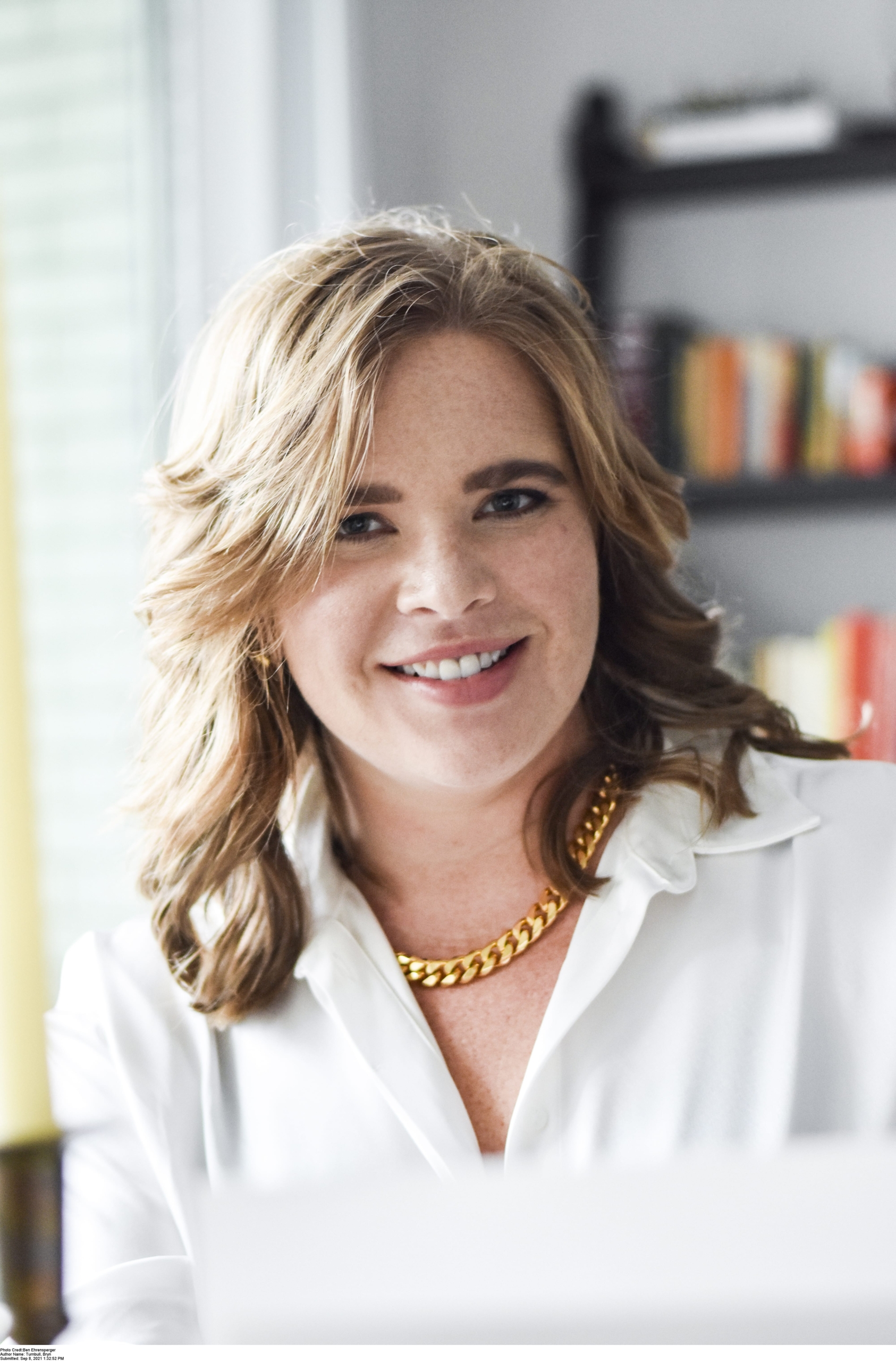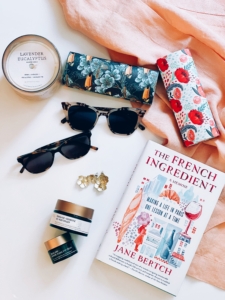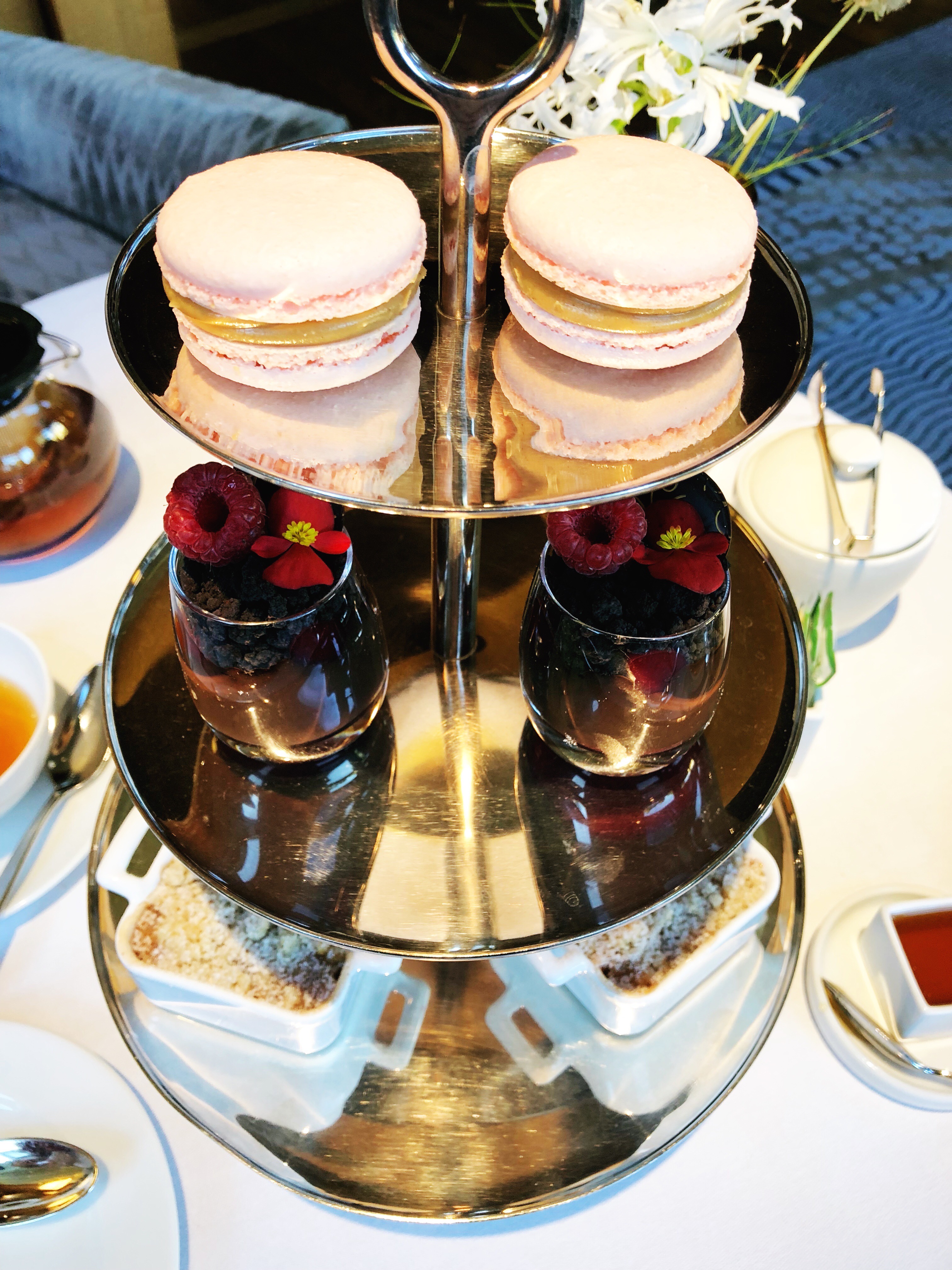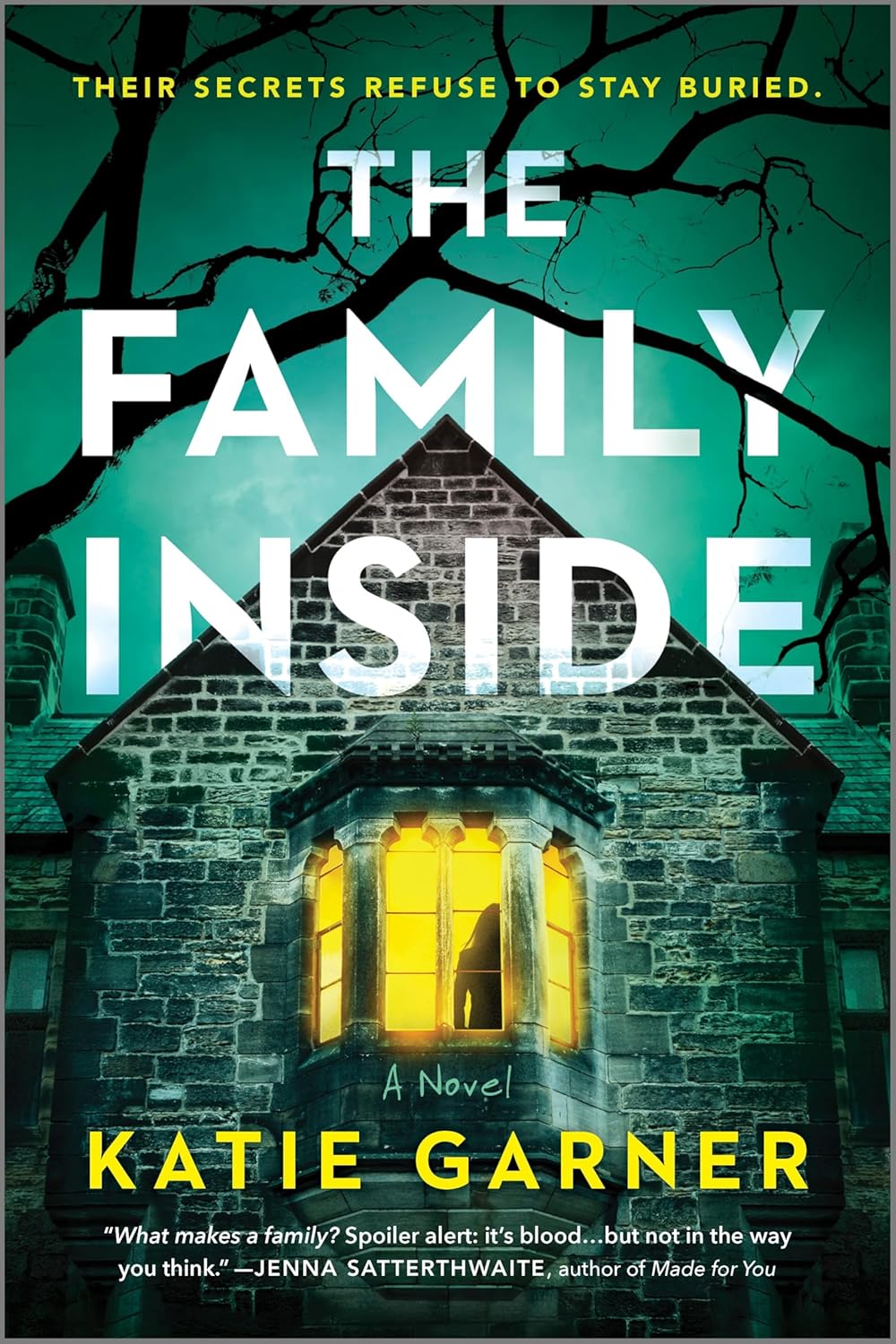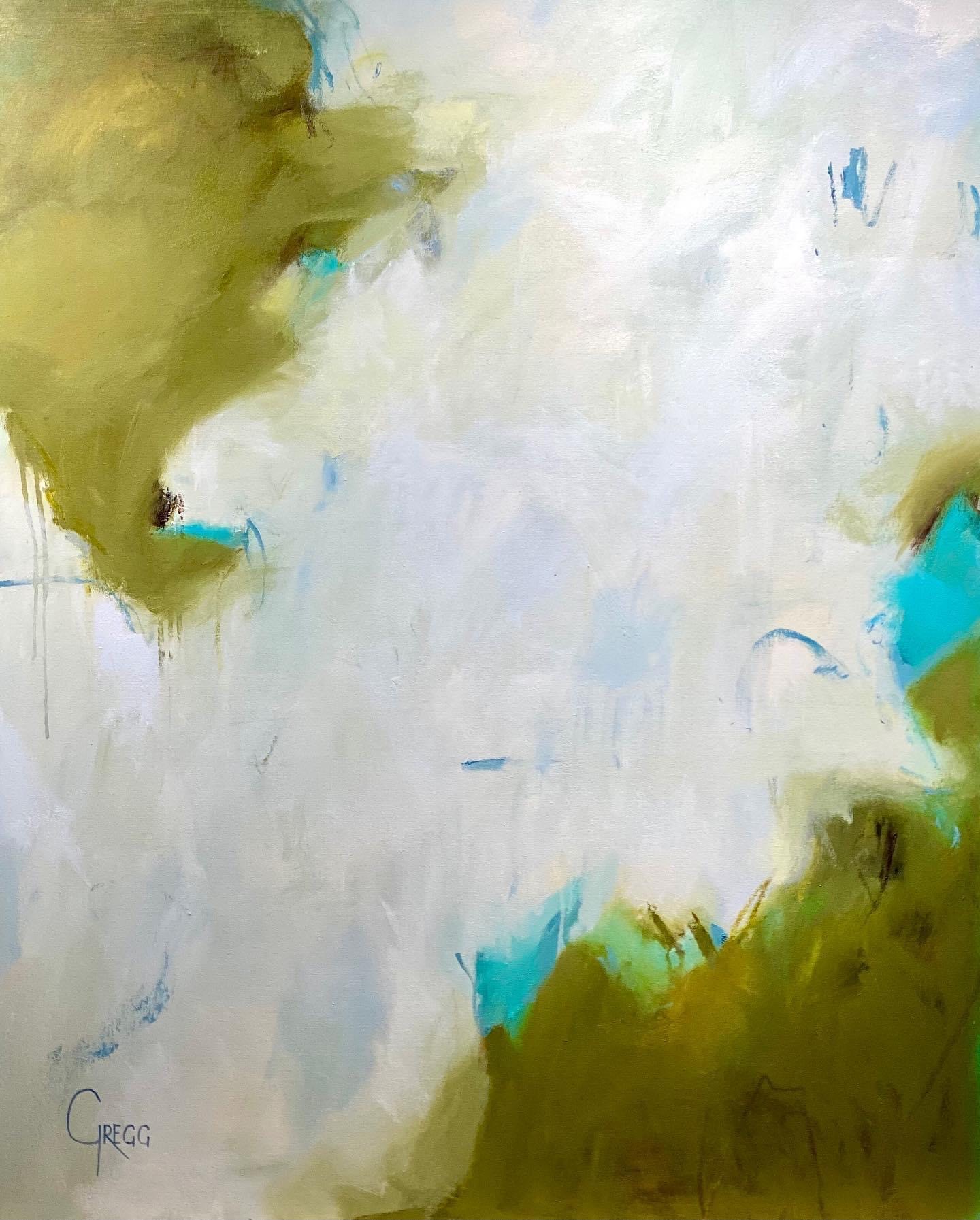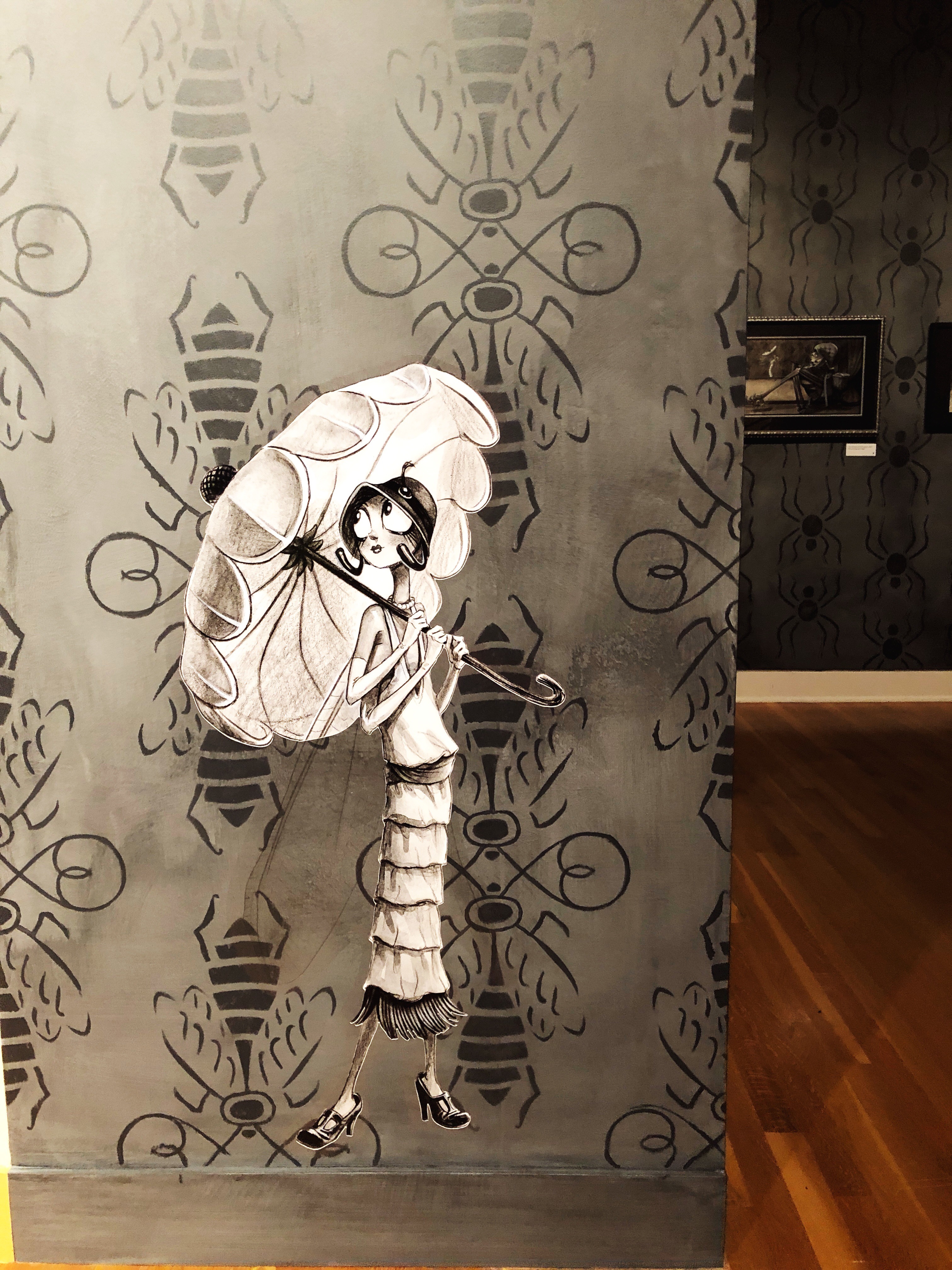“With impeccable research and evocative writing, Bryn Turnbull has a true gift for immersing the reader in the past. The Berlin Apartment is a poignant story of love and hope in a world that has been cruelly divided, and where danger lurks at every turn.” —Christine Wells, International bestselling author of The Paris Gown

While The Paris Deception remains my favorite novel by author Bryn Turnbull thus far, The Berlin Apartment is a close second. Revolving around Uli and Lise, their love story spans from just before the Berlin Wall separated them until… well I won’t give that part away. What really shines through with this novel, is the resilience of the people that lived during the years that West Berlin was separated from East Germany. While many of the residents of Eastern Germany were indoctrinated into the socialist views of their government there were many who didn’t. Their determination to find a way to the West and live the lives they deserved (not matter how long it took) is inspiring.
In our previous Q&A about The Paris Deception, you shared that your next book would be about a couple separated by the Berlin Wall. When did you first start fleshing out the storyline for your latest novel, The Berlin Apartment?
When I was writing The Paris Deception, I did quite a bit of research on the experience of young children who grew up in the shadow of Nazi Germany, and I found that the research stuck with me. So many historical stories about Germany end in 1945, but what happened to those kids who came of age in a Germany that had been divided by the Allied powers – in a country recovering from the atrocities committed by their parents’ generation, and one which still bore the deep scars of the war?
As I dug deeper into the postwar Germany, I kept coming back to the real-life exploits of students who dug tunnels beneath the Berlin Wall to get East Germans into the West. What drove them to take such serious risks, and how many succeeded? I closed my eyes and saw a young man digging a tunnel, with a young woman waiting at the other end, and I knew I had my story.
Prior to writing The Berlin Apartment, how many times had you visited the city?
Just once specifically for this book – the pandemic threw off my research trips for a while, and now I seem to be at a stage in life where all my travel dollars are going towards friends’ weddings.
How do you feel the city has changed since the wall fell and do you feel like the German people began to heal so many years later?
One of the things I find so fascinating about Berlin is how clearly it wears its history. When you walk through reunified Berlin, you can still see East and West quite clearly, in architectural terms, and echoes of those divides remain socially and politically as well. The process of reunification wasn’t an easy one, and it’s still a city of contradictions, in many ways.
The connection between Uni and Lise is always there throughout the book, even during the years when they had no way of communicating with one another. If you had been in their shoes, do you think you would be able to hold onto the hope of being reunited again one day?
I hope I that would have Lise and Uli’s resilience if I was in their shoes, but I think I’m slightly less idealistic than they are.
In the early months when Uli and his friends (including Lise’s best friend, Inge) are working on building the tunnel under the wall (and researching the tunnels that were made by Free University students) what do you think kept those real life heroes to press on knowing all the danger they were in?
It astounds me to think that people actually dug tunnels beneath the Berlin Wall and put themselves in such constant peril. Beyond the obvious threat of these tunnels collapsing or running out of air, East German border guards knew that people were digging tunnels and they sunk listening devices into the soil near the wall in order to detect the sound of shovels – if they heard anything suspicious, they would drop a hand grenade to suffocate the digger. The Stasi also had plants in West Berlin who rooted out tunnel networks and betrayed not only the diggers, but also those intending to leave East Germany, to the State. It amazes me not only how clear-eyed these individuals were about the risks, but how determined they were to make a difference. They could have simply lived their comfortable lives in the West but instead put themselves in constant danger in order to rescue not only friends and family, but often strangers.
What was one of the most difficult scenes for you to write?
I found it incredibly though to write the scenes set in 1979 in Friedhof Grunewald-Forst, where Lise and Uli experience both a reunion and a leave-taking.
One of the characters that I often found myself angry or disappointed with was Lise’s brother Paul, whose loyalty to the East German state occasionally puts him at odds with Lise.
I thought it was important to portray a character who supported the East German state. We’ve all got friends and family members with whom we disagree, and I felt that Paul presented an opportunity to show the other side of the coin, so to speak: he holds a fundamentally different worldview from Lise, and acts in accordance with that worldview. At his very core, however, Paul, like Lise, believes that all of his actions are rooted in love – but then, love can be as destructive a force as hate.
If The Berlin Apartment were turned into a feature film, who do you imagine playing Lise, Uli and Inge?
I always pictured Uli as a Buddy Holly type (which Lise actually says in the book), so I’d love to see someone tall and lanky in the role – I think Mike Faist or Timothée Chalamet could do something interesting with it. For Lise, I could see Saoirse Ronan, who has the chops to play someone who appears downtrodden but who’s actually filled with seething fury. Elle Fanning would make a terrific Inge: she’s got that charm and glacial beauty.
Now for one of my favorite questions to ask. Now that The Berlin Apartment is releasing this month, are you currently working on your next book, and if so, can we get a sneak peek?
I’m working on two novels concurrently, one contemporary and one historical. More to come!
— About the Author —
Bryn Turnbull is the internationally bestselling author of The Woman Before Wallis. With a master of letters in creative writing from the University of St. Andrews, a master of professional communication from Toronto Metropolitan University and a bachelor’s degree in English literature from McGill University, Bryn focuses on finding stories of women lost within the cracks of the historical record. She lives in Toronto.


